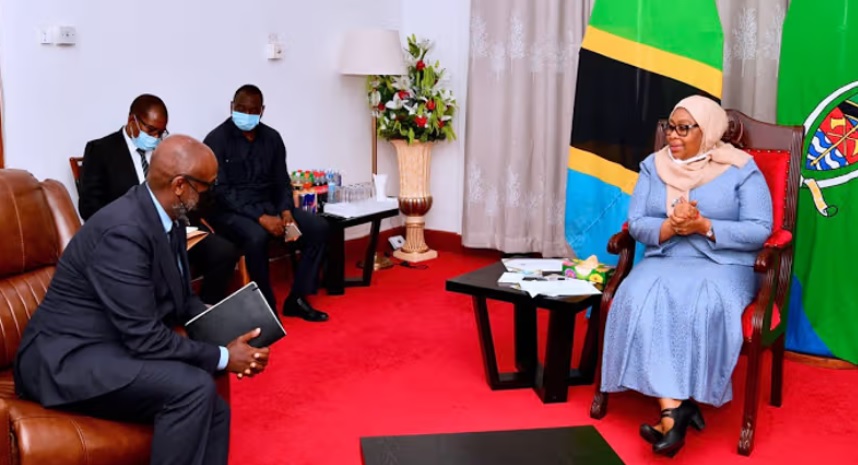DODOMA CITY, June 28 (TNF): Tanzania has secured new funding from the International Monetary Fund (IMF). The IMF approved around $448.4 million for immediate release as the country continues its economic reform and recovery efforts.
This funding follows the IMF’s endorsement of Tanzania’s progress under two key loan programs: the Extended Credit Facility (ECF) and the Resilience and Sustainability Facility (RSF). The approval shows the Fund’s confidence in Tanzania’s economic policies and reform plans.
On Friday, the IMF’s Executive Board completed its 2025 Article IV consultation. It also finished the fifth review of the ECF and the second review of the RSF. These actions cleared the way for disbursing about $448.4 million (SDR 326.47 million).
Through the ECF, Tanzania will receive $155.7 million (SDR 113.37 million), which is 28.5% of its quota. This brings total ECF disbursements to $908.3 million. The RSF review adds $292.7 million (SDR 213.1 million), or 53.5% of quota, raising cumulative access under that program to $345.4 million.
The IMF pointed to strong macroeconomic indicators in Tanzania. Real GDP growth reached 5.5% in 2024 and could rise to 6% in 2025. Medium-term growth may hit 6.5% if reforms continue. Inflation stood at 3.2% in April 2025, well within the central bank’s target.
Tanzania’s external position has improved. The current account deficit fell to 2.6% of GDP in 2024 from 3.8% in 2023, helped by strong export earnings. The IMF praised the government for keeping monetary policy neutral to mildly supportive and for increasing exchange rate flexibility.
Tanzania’s banking sector remains broadly stable, though some risks need monitoring. A sharp budget deficit in the third quarter of FY2024/25 forced the government to cut non-essential spending in the final quarter.
Tanzania met all quantitative performance criteria and indicative targets for end-December 2024 under both IMF programs. It met two of three structural benchmarks for March 2025, though with delays. The Secured Transaction Act has been delayed and should pass by February 2026.
The IMF said Tanzania’s economic outlook remains positive, but risks exist. Tanzanian leaders reaffirmed their commitment to reforms that support stability, inclusive growth, structural change, and climate resilience.
The IMF urged development partners to continue supporting Tanzania. This support will help the country strengthen its reforms and build institutional capacity.



